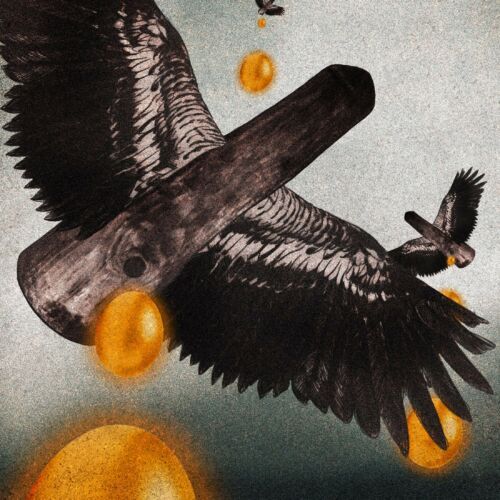Anosmia versus air pollution and dangerous air fresheners
PM2.5 air pollution contributes to anosmia, a loss of smell in patients. “Our data show that with prolonged particulate contamination, [the risk of] developing anosmia increases 1.6 to 1.7 times,” says Murugappan Ramanathan Jr, a rhinologist at Johns Hopkins School of Medicine in Baltimore. Just above the nasal cavity is the olfactory bulb – a sensitive, innervated tissue necessary for perceiving olfactory stimuli. It is also the first line of defence against viruses and pollutants entering the brain. With repeated exposure, however, these defence mechanisms are slowly worn down and compromised, leading to loss of the sense of smell.
Air fresheners contain toxins that pollute indoor air quality and risk human health. These are the chemicals responsible for odours and keeping aromas in the air. Air fresheners emit more than 100 chemicals, including such volatile organic compounds as formaldehyde, benzene, toluene, ethylbenzene and xylenes. In high doses, some of these substances are carcinogenic. Air fresheners can also cause endocrine disruption and respiratory problems.
When we arrive in a new place, we use our sense of smell to judge whether the environment is safe or a threat. For most animals, this ability is essential for survival and reproduction. Researchers at the Del Monte Institute for Neuroscience at the University of Rochester have investigated how the olfactory sensory system helps mice assess danger and have discovered neurons that “learn” whether a smell is associated with danger.























